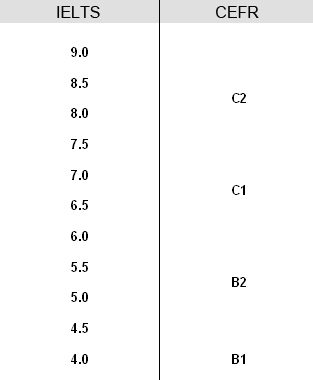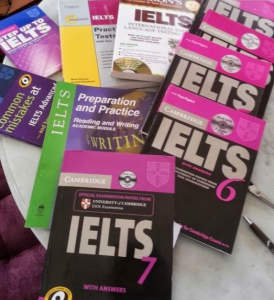 |
| ELA-Edinburgh is an authorised test centre for Cambridge English |
The CPE is a C2 level exam, meaning it is suitable for near native level users. It is certainly a challenging exam and a genuine accomplishment for anyone who achieves this level in English.The exam features four papers designed to test all elements of English:
Paper 1- Reading and Use of English (90 minutes)
Use of English tests grammar and vocabulary
Paper 2- Writing (90 minutes)
Candidate must write two papers and a total of around 500 words
Paper 3 - Listening (Approx 40 minutes)
4 separates tasks that will be played twice
Paper 4 - Speaking (Approx 16 minutes)
Candidates will do the speaking tasks in pairs
Once you have the CPE exam, it is valid for life and is proof of the exceptional level of English that you have reached. It will boost any CV in a competitive market.
Often candidates for the CPE have reached an excellent level of English through living and working in the UK over a number of years and need a qualification that will prove their skills. If this is your case, the CPE may well be your answer.
As a test centre for Cambridge English, ELA-Edinburgh will run the computer based CPE exam on July 14th, candidates will receive their result in justtwo or three weeks. For more information email info@elacademy.co.uk or call 0131 226 6182.











